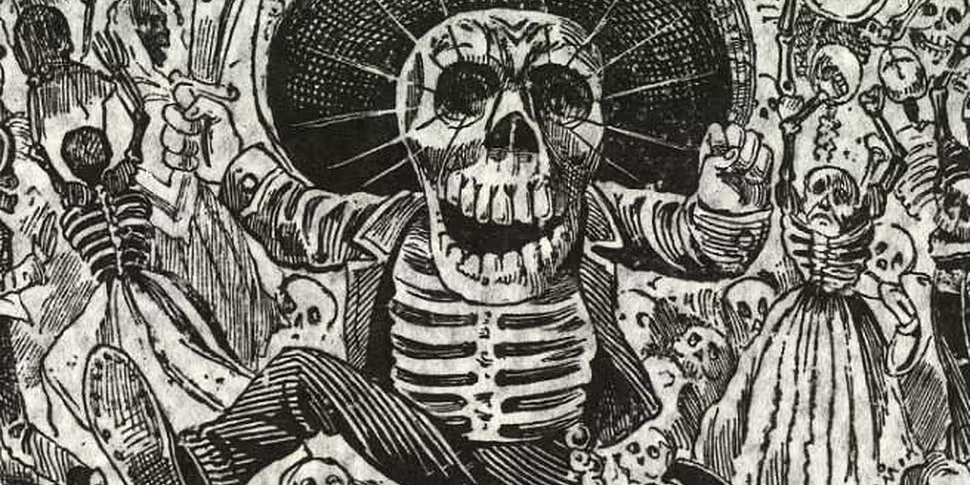In the 1990s the great Columbian drug cartels fell. For decades figures like Pablo Escobar had terrorised Columbia, making billions through the international drug trade. When these violent empires finally fell, a vacuum emerged - one that the smaller criminal gangs in Mexico were quick to fill.
In the ensuing decades the violence and terrorism that had marred Columbia during the ‘70s, ‘80s and ‘90s was replicated in Mexico. In 2006 the military was deployed to combat the gangs and the Mexican Drug War began. Since then more than an estimated 100,000 people have lost their lives in the nine-year conflict.
As Mexican born author and novelist Juan Pablo Villalobos puts it: “In Mexico we are passing through a very difficult, very complicated time.” This time and conflict formed the basis for Juan Pablo’s first novel, Down the Rabbit Hole.
Like all children Tochtli has hobbies, dreams, and troubles, however, as the son of a drug baron his are slightly different. He has to share a palace with hit-men, prostitutes and a myriad of other figures that make up a drug kingpin’s menagerie. But more than anything else he wants a pygmy hippo for his private zoo.
Fulfilling this dream isn’t going to be easy though. Tochtli’s father is poised to take over a powerful cartel and he's, understandably, busy. What follows is a bizarre tale following the journey to grant a child’s wish.
A darkly comic and surreal tale, Down the Rabbit Hole follows the strong artistic tradition laid down by artists like Frida Kahlo and Diego Rivera. and just like these famous figures Juan Pablo uses his art to address the issues affecting his homeland.
Quesadillas, Juan Pablo’s second novel, continues this surreal reflection on Mexican politics and society. Following a poor family in a world dominated by cows and priests Quesadillas is dominated by foul language and the fantastic. While his mother prepares countless quesadillas and his father teaches the art of the insult, Orestes, one of the couples’ numerous progeny, struggles against the boredom of rustic life.
A local revolt against the ruling Institutional Revolutionary Party sets Orestes off on a whirlwind adventure resplendent with UFOs, pilgrims, Polish immigrants, and psychedelic watermelons. The only thing holding him back is his tyrannical older brother Aristotle.
A brilliant piece of work Quesadillas reinforces Juan Pablo’s links to Mexico’s strong surrealist tradition.
Talking Books presenter Susan Cahill spoke with Juan Pablo at the Irish, Spanish, and Latin-American Literary Festival about Mexico’s history, its artistic tradition, and how they have impacted on him as a writer. You can listen to their discussion here, starting at around 25 minutes.
WARNING: This interview features strong and possibly offensive language.
This week's music to read to:
Gustavo Santaollaya's "De Ushusia a la Quiaca" opens the show and brings part one to a close with the show ending on Ryan Teague's "Causeway".









